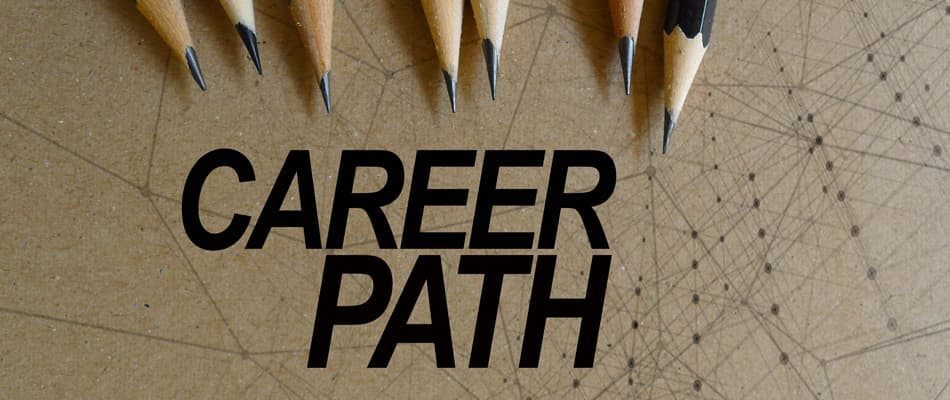Can I learn data science in one year?
Data science is an exciting and rapidly growing field that offers many opportunities and benefits for those looking to make a career change or add new skills to their repertoire.
The field is enormous, and depending on the data science branch that interests you and how you intend to use the skills and knowledge you acquire, can be very challenging.
Nonetheless, with the right resources, dedication, and determination, you can get a grip on data science in a year. Furthermore, by learning to leverage data science tools and techniques in this period, you will build a competitive edge in the job market.
What is data science?
Data science involves the analysis of large volumes of data, structured or unstructured, to extract insights that help organisations improve their strategy, planning, products, service, logistics, and other aspects of business.
Can I learn the basics of data science in one year?
The answer to this question depends on many factors, such as learning mode, data science course curriculum, previous educational background and experience, number of hours available to dedicate to learning, and so on.
To understand the basics of data science, a student with no coding experience or mathematical knowledge needs at least 10 to 12 months of intensive study.
Here’s what you need to consider:
-
- Your overall goals;
-
- Your schedule and availability;
-
- Whether you are starting your data science studies from scratch, or levelling up for a new role.
Take into account:
-
- Any relevant knowledge or experience – if you have analytical knowledge in physics, mathematics, science, engineering, accounting, or computer science, you won’t need as much time as those who don’t yet have any related knowledge or experience;
-
- How much time you are ready to devote to your data science studies; and
-
- The level of proficiency you want to achieve. The better you want to be, the more time you will need to spend learning and practising.
Prerequisites for learning data science
While the transition to data science may be quicker and smoother for mathematicians, statisticians, and programmers, not having their skills does not make data science utterly inaccessible. What you need to succeed in your studies is to be fascinated by data, an exploratory mindset, and an inclination towards creativity … as well as highly motivated to learn data science.
You also need:
-
- Analytical skills;
-
- A good grasp of machine learning;
-
- Maths and statistics;
-
- Communication and presentation skills;
-
- Understanding of programming languages like Python, SQL, and R.

What to tackle in the year you devote to data science
Learning data science requires effort, dedication, and the motivation to expand your skills day by day. Create a written action plan, with strict deadlines, to do what follows – and commit yourself expediting it within your timeframe.
-
- Build a strong foundation in statistics and mathematics: Statistics and probability are the most essential concepts to grasp if you want to learn data science. Ensure you have a solid theoretical foundation in mathematics and statistics.
-
- Learn programming skills: Python and R are the two most popular programming languages used in data science, so that’s an excellent place to start. These languages are open-source, free and beginner-friendly, with syntax and libraries that are easy to use.
-
- Familiarise yourself with databases: Data science professionals must know how to work with databases, including retrieving and storing data after processing. Structured Query Language (SQL) is one of the most popular database query languages, allowing you to store new data, modify records, and create tables and views. Learn how to use it.
-
- Get a grip on data analysis methods: There are many ways to analyse a dataset. As a data science professional, you will need to know which data analysis method is best for solving specific kinds of problems.
Data science tools streamline the work. Different companies use different tools, so rather than mastering one particular tool, get a basic idea of the tools and their applications.
-
- Impose strict deadlines
Treat your learning as a project. Set out what you are going to learn by when, and set yourself deadlines to learn, and then to master, each area. And stick to your deadlines! If necessary, build a system of reward and sanctions into your plan.
Once you have learnt all the required skills and associated knowledge, prove it. Build a few projects that translate your learning into experience, and create a portfolio to show prospective employers.
Planning your accelerated study path
Because data science requires the application of skills, tools and knowledge, it can take years to excel in every skill. In addition, learning data science is complicated, time and effort.
When you plan your accelerated study path, look at how long you need for each course required, and assess whether you can work on more than one at a time.
Many data science courses are offered over one to two years, and will impart the basic knowledge you need. It will be up to you to keep practising, and to keep up with what is new in this rapidly changing field.
Enrol in a Digital Regenesysdata science course and get the most out of your education. These courses are designed to provide you with comprehensive overviews and hands-on experience. More data science course details here
Recommended Posts










